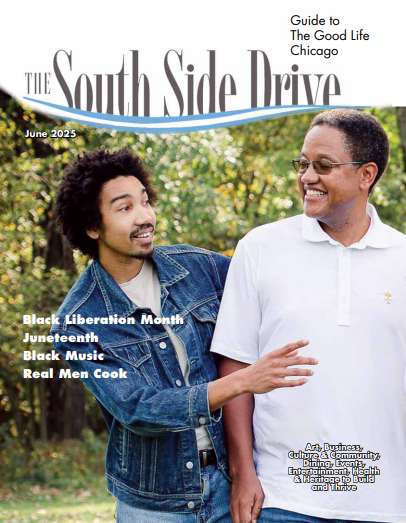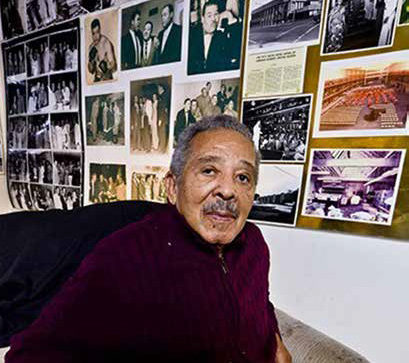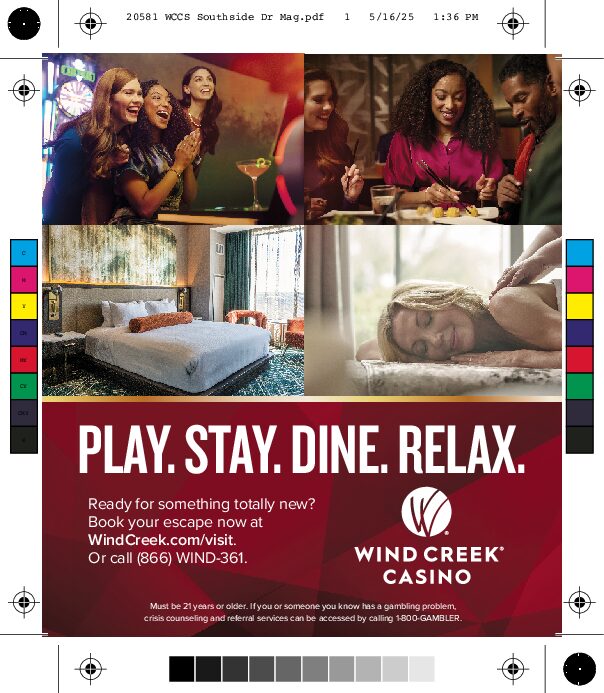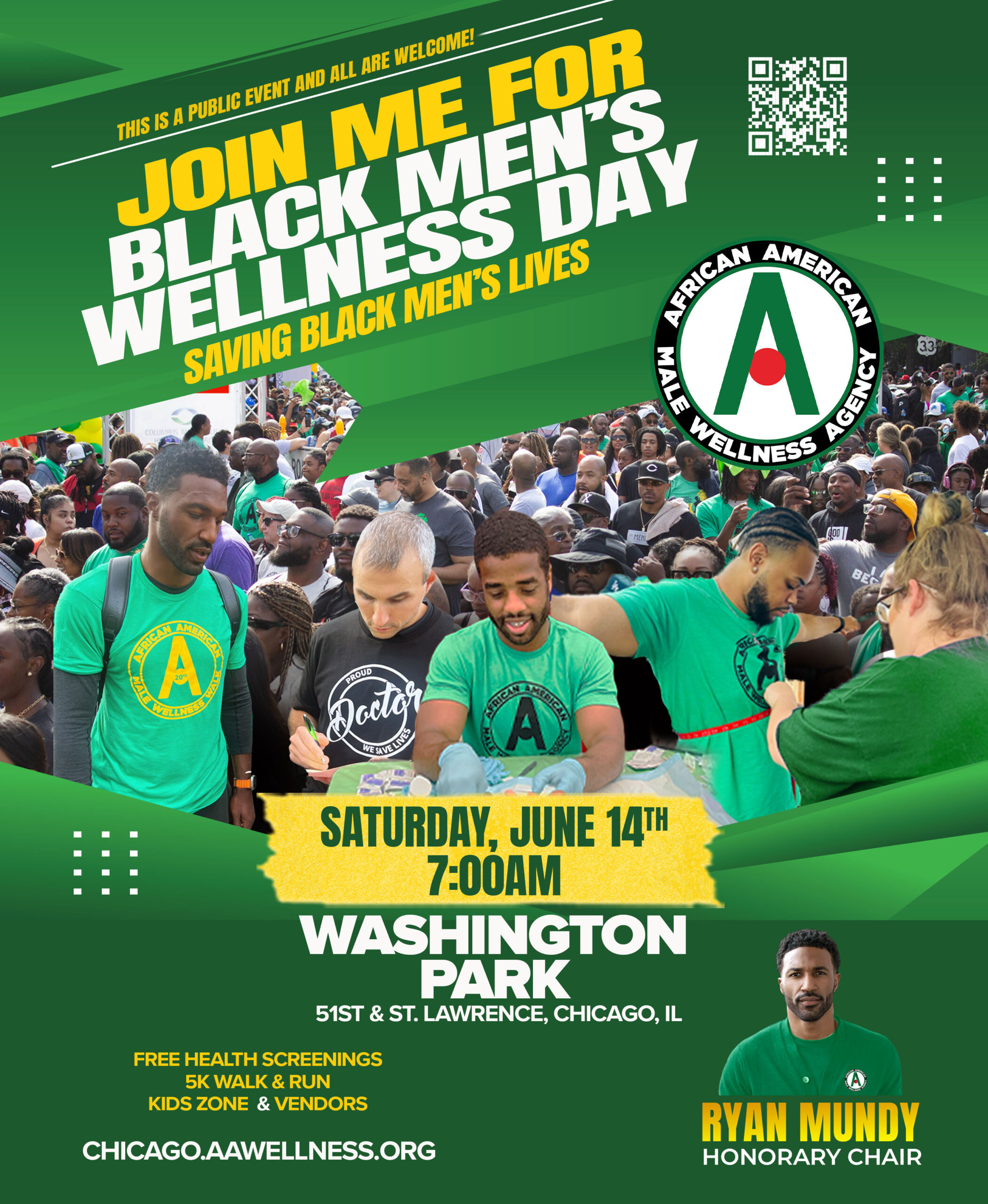

The images and names that most African American Baby Boomers vividly remember and love to talk about are many; the numbers game also known as Policy, going to First Church of Deliverance on Sunday night for their live radio broadcast and maybe being blessed to hear “preacher, Rev. Clarence Cobbs reveal the next winning policy number. We love to talk about how we could hop a Jitney cab on 47th and South Parkway and ride to 22nd Street for fifteen cents. And there was Roberts Show Lounge and its founder Herman Roberts, the man who singlehandedly gave birth to a major entertainment venue that changed the face of Black entertainment on Chicago’s south side. Roberts Motel and Roberts Show Lounge have long been gone, and sadly, Herman Roberts joined the ancestors on Sunday, January 31, 2020. Yet he and his entertainment enterprises remain a part of Chicago’s Black History. I was fortunate to be able to talk with Herman about his life and his successes, weeks before his death.
Herman Roberts was an American success story, with a love for entertainment and the spirit of a true entrepreneur and visionary. Herman was born with a passion for change and a desire to succeed by turning his dreams into realities.
Born in Beggs, Okhaloma January 21, 1924, he moved with his family to Chicago when he was 12 years of age. When most boys in the l930’s were playing or involved in after school activities Herman was hanging out at a south side cab garage. Back in those days a car wash was 50 cents and young Herman made 10 cents for every car he wiped dry. By the age of 15 he was driving a cab and by 1944 he was owner of his first business, Roberts Cab Company, with a fleet of over 50 cabs.
Herman Robert’s stint in the army during World War II did not diminish his entrepreneurial spirit and according to him, “The cab business did not take up enough of my time.” So, in 1952 he opened his first night club, The Lucky Spot at 605 East 71st Street. Herman related that “This was a time when entertainment flourished on the south side. Let me tell you, the local musicians were working all the time and they were making enough money to raise their families., heck there was work seven nights a week all over the south side.”
The year was 1953 and this astute socially conscious businessman recognized the increased revenue a larger entertainment venue would yield. Plus, he recognized the need for a place that could feature major national Black artists who could work free of the “Jim Crow laws” and be treated with respect and dignity. Herman envisioned his lounge as an elegant entertainment venue where Black Chicagoans could see major artists in their own community
Although whites flocked to the south side night clubs to hear Black artists, Black artists were not active performers on the north side and down town clubs and those national artists that did work these establishments were forced to enter and sit in the back of the club. This was not only prevalent in Chicago, but throughout the United States.
This period in our history was known as the “Jim Crow Law” Era, when “laws” that enforced racial segregation in the Southern United States were put into affect. “Jim Crow” was the derogatory expression that meant “Negro” and racial segregation a general term that refers to segregation or separation of races in facilities, services, education, others. These “laws” were not relegated to the south. Although the “Jim Crow Laws” were overturned by the Civil Rights Act of 1963 and the Voting Rights Act of l965, segregation still rears its ugly head and was (and still is) alive and active in Chicago and throughout the United States and was very apparent as it related to the entertainment industry.
In an interview with author Dempsy Travis, Roberts related that at the Lucky Spot he sponsored a social club of seven ladies and changed the name of the Lucky Spot to the Roberettes.
Herman’s intention was to only provide a place for the club members and their friends, but it became so popular that he moved his fleet of cabs that were housed at his garage at6222 South Parkway to a larger garage at 610 East 61st Street and remodeled the garage into a dance hall. As the nation’s first Black owned and operated first class non-segregated entertainment venue for Black entertainers; Roberts Show Lounge became extremely popular. It was an instant success, but then everything Roberts touched was successful. Roberts Show Lounge featured the biggest names in the entertainment industry; Sammy Davis, Jr. Sarah Vaughn, Della Reese, The Count Basie Orchestra, Billy Eckstein, Nat “King” Cole, Dinah Washington and a host of other celebrity entertainers. For a short time, Dinah operated a smaller section in the Show Club “Dinahland.”
In 1957 he added a sign that read Roberts Show Club. Roberts Show Club featured the best entertainment in the city and “white folks” came in droves, especially for the “drag queen” show, The Jewel Box Revue. They were happy to be seated in the room or table next to the Black clientele. Segregation did not exist at Roberts Show Club, this was the place to be and be seen, the most talked about Black owned and operated club in the country.
The ‘who’s who” of the world made it their business to go to Roberts. Businessmen and athletes were regulars, the likes of athletes Joe Louis and Muhammad Ali; and civil-rights leader Martin Luther King Jr. Future president Jimmy Carter made sure he came to Roberts while in Chicago. It was a given that local politicians like; Representative William Dawson, Congressman Ralph Metcalf and a young attorney who would later be the first Black Mayor of Chicago, Harold Washington patronized Roberts Show Club. Even Mayor Richard J. Daley was a frequent guest.
With segregation still in effect, Black entertainers were denied housing at first class hotels, which required Herman to rent apartments or find alternate housing for them. That dilemma prompted an idea for another business venture: Roberts Motel opened its doors in l960.
Like Roberts Lounge the motel met with instant success and four other south side locations followed. Herman advertised them as “The Ultimate in Accommodations and Recreation. Every room complete with TV and HI-Fi Music.”
In 1961 Roberts Show Club closed and Herman turned his former club into a family friendly 12 lane bowling alley.
Roberts expanded his motel businesses to include Oklahoma and Gary, Indiana. Business was booming but soon all of that would change with the passage of the Civil Rights Act of 1963 and the Voting Rights Act of l965. Herman did not hesitate saying “It was a great thing but it hurt my business.” Even though segregation still existed, ( some) closed doors opened for Blacks, especially for entertainers. Gone were the days of entering through rear doors and sitting in the back of entertainment and other venues. Hotels and other white business establishments could no longer refuse to take the “Black” dollar. Black entertainers who were performing in Chicago now had a choice of where to stay, Roberts Motel or the Hyatt, Palmer House or other downtown hotels. Many chose downtown hotels although, the faithful still stayed at Roberts.
In 1969 Herman opened his 6th Roberts Motel on east 63rd Street and continued to book name artists in its largest room, The 500 Room that accommodated that number of guests and featured artists like; Ramsey Lewis, Esther Phillips, Bobby Blue Bland and others. The motel had 250 rooms, 12 suites,2 cooking suites and 2 penthouse party suites a restaurant, ballroom travel agency and a beauty parlor. Herman called it ‘the biggest fish in a relatively small pond.”
Herman enjoyed telling how he would present what he billed as “Outdoor Concerts” by closing the parking lot and turning it into a concert stage. Herman said that for these events he would increase the room rental and charge per guest in each room. This allowed guests to sit on the balcony, eat, drink and enjoy the show. These special concerts were always a sell out.
The music scene changed and in the 70’s disco came along with new clubs like the Burning Sphere. Time changes things, but not badly for Herman, he turned the 500 room into a rental space.
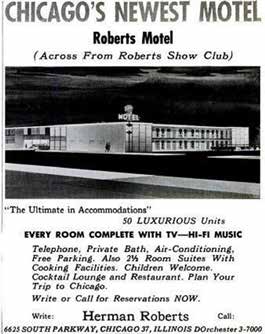
In l981 he returned to his hometown of Beggs, Oklahoma and purchased land that at one time was an oil field… and he struck oil! Herman converted the bowling alley into a skating rink, sold the motel business and retired. Roberts operates two oil derricks and still lives on the south side and his walls are still adorned with pictures of celebrities and friends who frequented Roberts Show Lounge.
I said to Herman “you are one lucky man,” He immediately corrected me saying, “I am blessed, God has been good to me and I will never stop praising His name…just keep Him first and be ready for the blessings”
Before his death, Herman could be found every Sunday at Shiloah Missionary Baptist Church, 10540 South Halsted Avenue sated on the row reserved for Deacons. He always waited until after the service to engage in any conversation
. His undivided attention is reserved for the word of God delivered by his pastor, Rev. Rodney Patterson.
Herman Roberts the young man from a small town in Oklahoma with a vision undergirded with faith and a commitment turned his dreams into realities. Herman is the proud father of 21 children. On January 21, 2020 Herman celebrated 96 years of making a difference, on January 31, 2020 Herman Roberts went home to be with his Lord.
Herman Roberts was the recipient of numerous awards. In 2018 he received the South Side Jazz Coalition’s “Lifetime Achievement Award.”
Herman Roberts, a name we could always trust, a man we can be proud of, A Chicago Legend. A valuable part of Chicago’s Black History.
